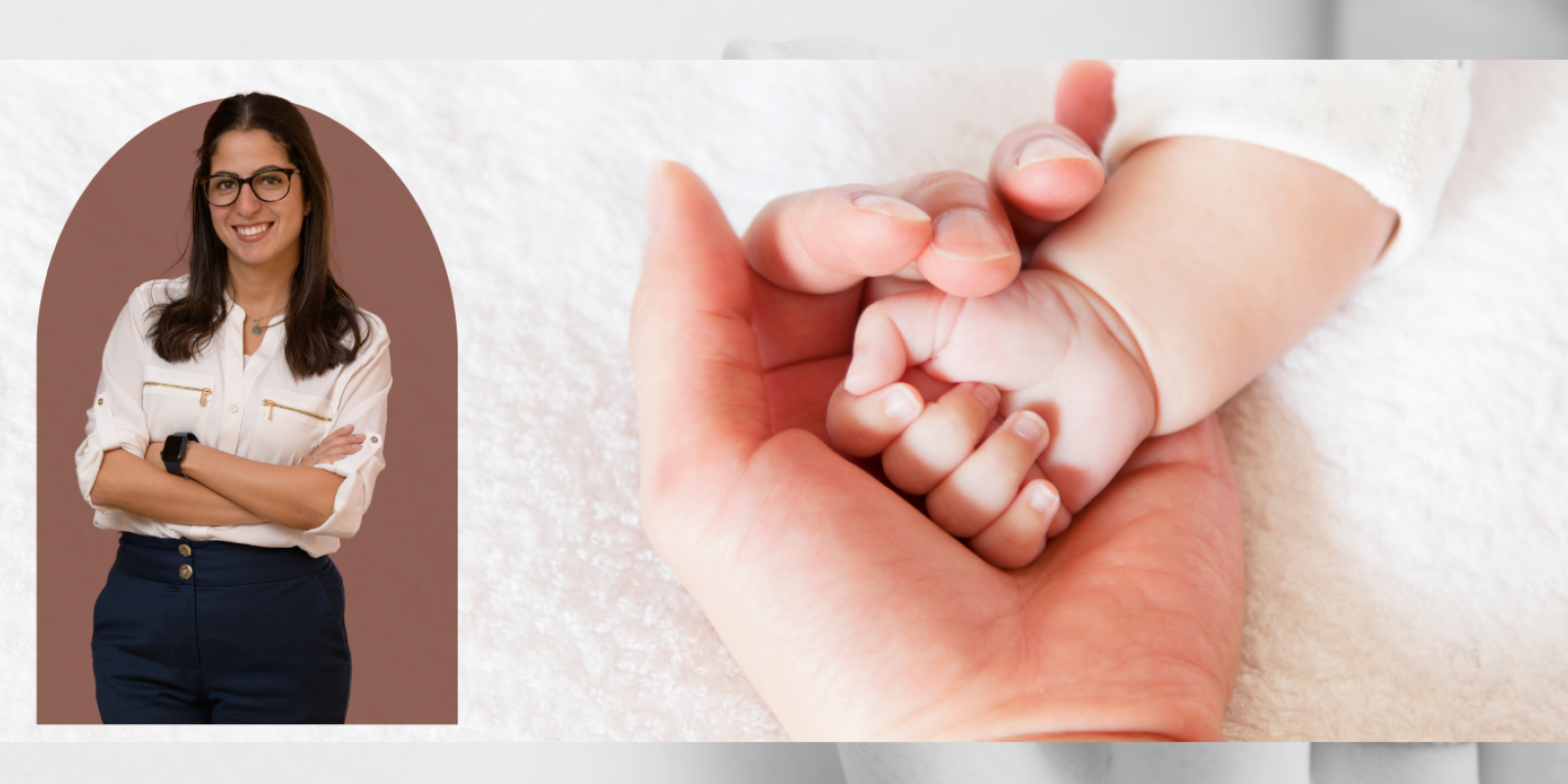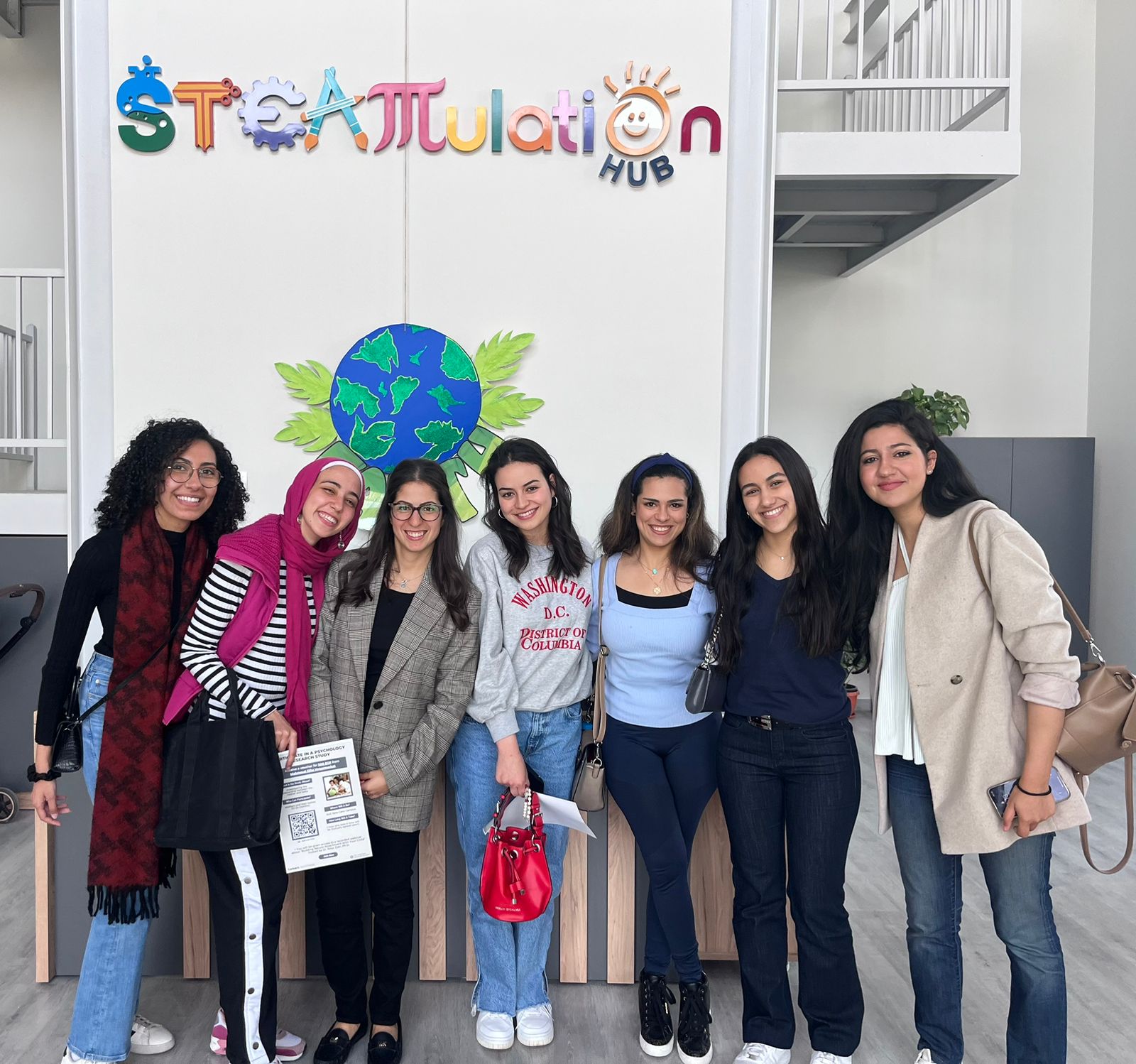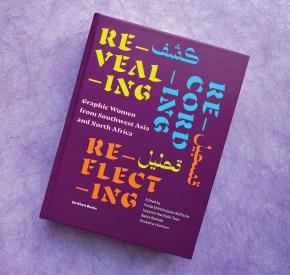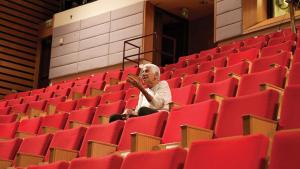
What Do You Need in a Relationship?
The way you relate to your friends, romantic partners and family today may well have something to do with how you learned to connect with your caregivers growing up, and Nour Zaki, assistant professor in AUC’s Department of Psychology, is determined to help us understand how and why. To this end, Zaki has launched AUC’s Attachment Lab, the first of its kind in Egypt and the Arab world, as part of the psychology department’s Hub for Action and Research in Psychology.
The Attachment Lab has garnered significant recognition both from within AUC and across other universities due to its unique capacity to conduct research within an Arab context and enable culturally inclusive understandings of relationship dynamics. “The lab aims to be a hub for research related to attachment studies, including romantic and family connections, attachment to God, parent-child dynamics, perinatal psychology, as well as interpersonal acceptance and rejection,” said Zaki. “What makes it unique is that it contributes to the significant gap in literature by representing our culture and exploring research findings in this context.”
“It is pivotal to address the imbalance in attachment studies by examining and collecting prevalent data within the Egyptian context to add to the literature. Further understanding the role of cultural norms and family dynamics is of utmost importance when it comes to understanding attachment patterns in different parts of the world.”
So why is region-specific research important? As Zaki explains, attachment patterns are not the same internationally. Culture plays a huge role in mother-child relationships, including the prevalence and manifestations of attachment styles as well as parenting norms. However, research on attachment systems has previously been dominated by studies centered exclusively on Western cultures.
“Having conducted a pilot study on the Strange Situation Procedure in the past semesters, I secured a grant from AUC for a more elaborate study using this methodology, which then led to launching the Attachment Lab.
“It is pivotal to address the imbalance in attachment studies by examining and collecting prevalent data within the Egyptian context to add to the literature,” Zaki says. “Further understanding the role of cultural norms and family dynamics is of utmost importance when it comes to understanding attachment patterns in different parts of the world.”
Zaki’s current primary focus is on studying mother-child dynamics to explore their relationship and attachment interactions through an observational protocol called the Strange Situation Procedure while investigating the concept of ‘intergenerational transmission of attachment.’ This is particularly important as no reliable study on this methodology has been published before in Egypt or anywhere in the Arab world. “Having conducted a pilot study on the Strange Situation Procedure in the past semesters, I secured a grant from AUC for a more elaborate study using this methodology, which then led to launching the Attachment Lab. This study involved observing 60 mother-child dyads who came to the lab,” Zaki says.
The lab also gives students from AUC and beyond the opportunity to get involved in exciting new developments related to attachment theory and gain hands-on experience to equip them for their postgraduate careers.
“It was through this life-changing opportunity that I discovered my passion for attachment theory, which I now plan to pursue further and hopefully specialize in throughout my career. I have also been given the opportunity of co-authoring a paper that is now published in a highly-ranked, peer-reviewed journal.”
“Students enrolled in my Advanced Lifespan Development graduate course get to experience firsthand being part of a research team. They attend observations with me, and I train them on how to code what they observe. As for my undergraduate students, I take them for a tour in the lab and explain what kind of research is conducted there,” Zaki says. She also trains students (both undergraduates and graduates) to be part of her research team, which adds significantly to their knowledge of attachment theory and developmental psychology.
The chance to get involved in research at the Attachment Lab has a positive impact on the students involved and is highly sought by students interested in research. “I started working with Dr. Zaki two and a half years ago on the pilot attachment study that was the groundwork for the Attachment Lab,” said Maya Shehata, an undergraduate psychology student and member of the research team, “It was through this life-changing opportunity that I discovered my passion for attachment theory, which I now plan to pursue further and hopefully specialize in throughout my career. I have also been given the opportunity of co-authoring a paper that is now published in a highly-ranked, peer-reviewed journal.”
The lab is now one of Shehata’s favorite places on campus. ‘Working here has led to a lot of personal and academic development for me, which I can primarily attribute to Dr. Zaki’s style of mentorship. She has created an ideal environment for learning and growth,” she stated.





